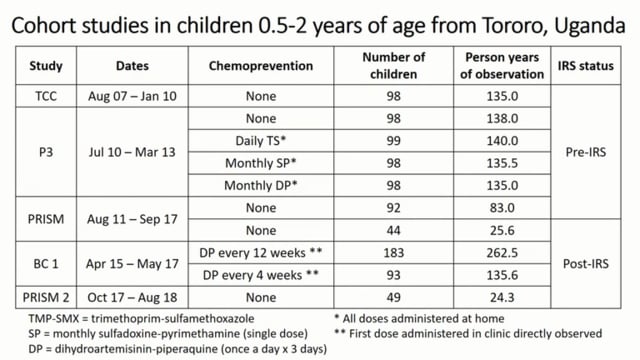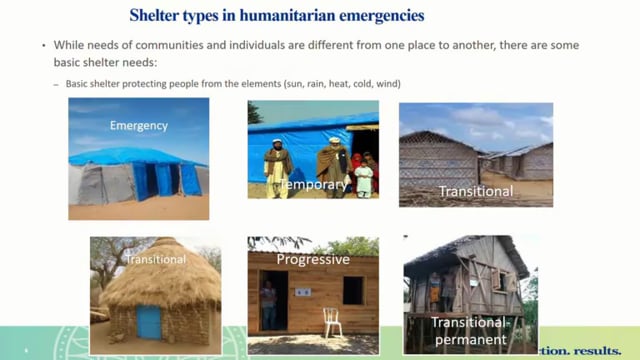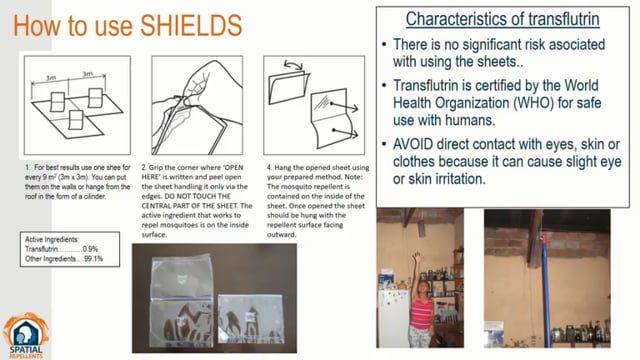Last Updated: 29/06/2020
Impact of housing modifications combined with piperonyl butoxide (PBO) long-lasting insecticidal nets (LLINs) on the malaria burden in Uganda: a cluster-randomised trial
Objectives
The primary objective of the study is to evaluate the effect of housing modifications + PBO LLINs, compared to PBO LLINs alone, on the incidence of clinical malaria in Ugandan children aged 6-59 months.
Despite the gaps in the evidence, improved housing shows promise for reducing malaria transmission. To further explore housing modification as a malaria control intervention, and to assess the degree to which it may offer protection in moderate to high malaria endemicity settings, we propose a two-phase study evaluating epidemiological and entomological effectiveness, cost-effectiveness, feasibility, and acceptability of housing modification in Uganda. The first phase will be a pilot implementation assessing candidate housing modification interventions, followed by a cluster randomised control trial of the most effective, scalable, and cost-effective interventions.
Given the limited evidence on housing modification’s impact on malaria, our methodologically rigorous study will generate knowledge about its effectiveness in reducing epidemiologic indicators of malaria incidence, prevalence, and burden and entomologic measures in settings of moderate to high malaria endemicity. Coupled with sustainability and acceptability assessments, and a process evaluation, the study will provide evidence about a potentially valuable public health intervention with long-term effects on malaria that could be an important addition to the malaria prevention armamentarium.
The study outcomes could have major policy and strategy ramifications for all areas pursuing malaria control and elimination and, if found cost-effective, re-introduce an important long-term, sustainable malaria intervention that historically was key to reducing malaria in the U.S. and Southern Europe in mid- last century. As housing modification is linked with economic development and improving overall health equity, its implementation is intersectoral, but National Malaria Control Programs (NMCPs) and Ministries of Health, along with development partners, can be powerful advocates for this approach should evidence support its implementation.
Aug 2020 — Aug 2023
$3.57M


